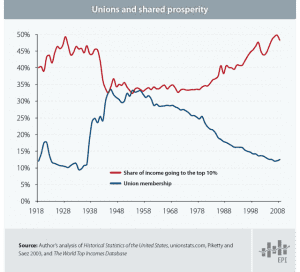“House Republicans appear poised to resume debate over the former food stamps program when they return from their August recess, and their plan is to cut SNAP funding by an incredible $40 billion. If approved, the cuts, which would occur over 10 years, would be twice the amount included in the Farm Bill that failed to pass the House in June and an astonishing 10 times the amount approved by the Senate.”
“I think we all deserve some answers.”
“This whole business of Medicaid expansion has absolutely nothing to do with women’s health whatsoever.”
“A single mother who works full-time making minimum wage will spend more than 6 percent of her gross pay on [diapers].”
“Some 700,000 Americans every year declare bankruptcy because of medical bills. The number in Japan? Zero. The number in Germany? Zero.”
 “So not only are they going to be encouraging people to break the law, they’re literally going to be encouraging people not to buy health insurance.”
“So not only are they going to be encouraging people to break the law, they’re literally going to be encouraging people not to buy health insurance.”
“Because ‘Freedom’ means never being able to go to the doctor.”
“The new loans will make a profit of $184 billion over the next 10 years, and it turns out that even the so-called subsidized loans make a profit of about 14 cents on the dollar.”
“The difference between this and a Ponzi scheme is that a Ponzi scheme is illegal.”
“Economists have long known stadiums to be poor public investments.”
“GEICO, Farmers, American Family, Liberty Mutual and Progressive all offered different quotes based upon the information provided, and four of the five offered pricier quotes for the hypothetical customer who did not graduate from college.”
“Head honchos get $11.9 million a year on average, including options, while full-time employees earn $15,080.”
“Destroying jobs is an essential component of Walmart’s anti-worker business model.”
“Employees aren’t regarded as people who are members of a team. Rather, they are regarded as ‘costs.’”
“Given its profitability, one might assume that, like Walmart and Target, it was operating under the strategy of categorizing employees as a ‘business cost’ that needs to be minimized and kept under tight control. One would be wrong.”
“WinCo, a small, employee-owned grocery store chain based in Boise, Idaho, is able to beat Walmart’s prices on goods while providing its employees with good benefits.”












